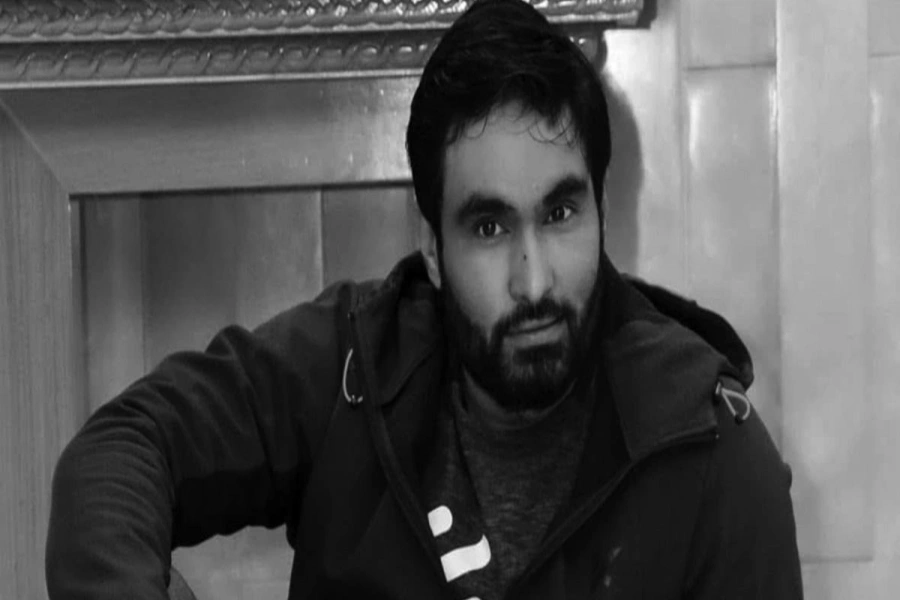DADELDHURA, Jan 11: Though Nepal has got elected local representatives across the country, those representing women and marginalized groups in some parts haven't been able to exercise their rights. The representatives of women and marginalized groups in Dadeldhura are the perfect example of this.
This is because these local representatives are still lagging behind in leadership and decision making processes that take place at the local level of government.
Compared to the past, their presence in meetings and formal events have increased, but they are far behind when it comes to taking meaningful decisions. Even when they are in decision-making positions, they are facing difficulty in delivering decisions independently; one reason being the traditional mindset that women should be limited to household chores and the other being lack of confidence and skills in them.
Nepal fifth among global importers of Indian natural rubber

Also, a study conducted in Dadeldhura's Amargadhi Municipality and Nawadurga Rural Municipality under the 'Good Governance' project from 11-24 December, last year, has shown small participation of women and marginalized groups in leadership and decision making process.
While the chief of Amargadhi Municipality, Bisheshwar Prashad Ojha, has accepted the low participation of women and marginalized groups in the decision-making, the chairman Kabindra Bista of Nawadurga Rural Municipality said, “Though their participation has increased, it's the meaningful participation that is lacking.”
Women and marginalized groups there are not even informed about the money allocated for them. Municipality and the ward offices keep them in the dark about the plans made for them.
In this context, a member of Amargadhi Municipality, Dhaula Devi Nepali, said, “We are not given any prior information about the plans meant for our constituencies. The ward chairmen keep the matter to themselves. Female representatives like me are totally ignored and remembered only when our signatures are needed.”
Meanwhile, the coordinator of 'Good Governance' project, Menuka Sahi said, “We are launching different programs for their meaningful participation in the decision-making process.”




































